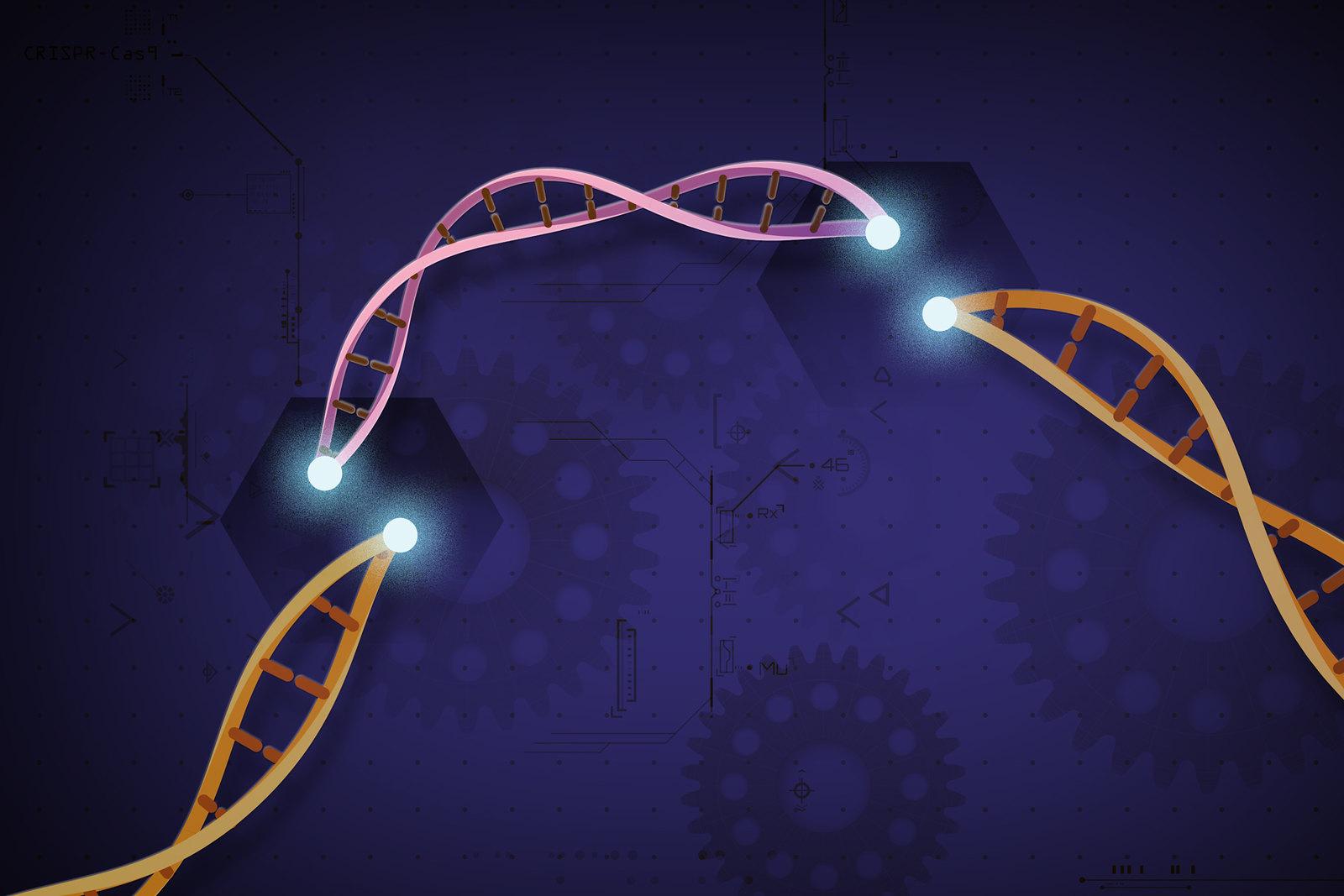Russia's CRISPR "Deaf Babies": The Next Genome Editing Frontier?

Editors note: This article was originally published on impactethics.ca and is reposted here with generous permission from Impact Ethics.
In November 2018, the world learned that a Chinese biophysicist, He Jiankui, had used CRISPR genome editing technology to manipulate the genomes of two children prior to their birth to make them immune to HIV infection. This was followed by almost universal condemnation and calls for a global moratorium. But it was entirely predictable that before too long there would be another similar announcement.
In June 2019, Nature reported that a Russian molecular biologist, Denis Rebrikov, planned to create genome edited babies targeting the same gene as He Jiankui. A month later, New Scientist announced Rebrikov’s revised plan to use CRISPR technology to correct a mutation that leads to hereditary deafness.
Although scientists, ethicists, policymakers and the public can have widely differing opinions about whether human heritable genome editing is permissible, there is considerable agreement about the kinds of situations in which its use might be justified. According to the Second International Summit statement On Human Genome Editing II, genome editing should only be trialed in humans if the condition is serious and there is no available alternative. The UK’s Nuffield Council on Bioethics report on Genome Editing and Human Reproduction similarly proposed that any future use of genome editing must satisfy two ethical principles: (1) that the intervention should be intended for the welfare of the future person, and (2) that its use should not foreseeably increase social inequalities or marginalization of particular groups.
Rebrikov has identified five couples with a form of deafness found in Western Siberia, caused by a mutation in the GJB2 gene, who want to avoid having deaf children. The prospective parents who are (reportedly) agreeing to heritable genome editing have experienced life as deaf people. As such, it can be argued that they are uniquely well placed to know all about the disadvantages of living with this rare condition. Contrast this with the way that prenatal selective technologies are offered to individuals who suddenly find themselves with a pregnancy affected by a disabling condition, but have no real knowledge of it.
But is deafness a “serious” condition that justifies heritable genome editing? If by “serious” we mean something like “severely compromising any chance of having a good life,” the claim that deafness counts as a serious condition is open to challenge. Audiological deafness is highly variable, ranging from mild hearing impairment to almost complete absence of sound perception. Its effects on people’s well-being are similarly variable, and influenced by the surrounding social attitudes, culture and laws, including civil rights protections. Not all deaf people think they are disabled. Many consider themselves to be simply members of a cultural group that uses signed language to communicate. Those who identify strongly with a thriving signing Deaf community can often express a preference for having deaf children and find attempts to prevent the transmission of heritable deafness offensive and horrific.
While the Siberian couples in this case may want to have hearing children rather than deaf children, that alone doesn’t prove that deafness per se is “serious”; there might be many other factors, including cultural attitudes towards deafness and disability, that are influencing their judgments. Additionally, the experience of these individuals is specific to their particular community, context, and time, which are not necessarily those of their future offspring.
Let’s turn now to the second of the Nuffield Council on Bioethics report’s principles. Is the use of heritable genome editing likely to increase social injustice and marginalization? There are reasons to think that the answer here is “yes”. There is, for example, legitimate fear that this will harden public hostility towards deaf people in general, especially towards those making claims for government support for social services. Even if genome editing remains rare, its use could encourage people to think that deafness is effectively optional. In turn, this could lead the public to believe that potential parents have a social obligation to use editing techniques to ‘correct’ their future children.
The New Scientist report points out that Rebrikov chose to target deafness because the majority of people with serious recessive disorders are actually too unwell to contemplate having children. Indeed, they may not even survive to adulthood. There are two different kinds of problems with this shift in focus: (1) the suggestion that it is acceptable to use genome editing for less than “serious” conditions because the really compelling cases aren’t available; and (2) the implication that deafness is a “serious” condition that warrants the use of this most contested of interventions.
It is wildly premature for any scientist to suggest moving forward now, and particularly irresponsible to do so with a condition that at least some affected people consider to be not a “serious condition”, but just a normal variation of human being.
Jackie Leach Scully is Professor of Bioethics and Director of the Disability Innovation Institute, University of New South Wales, Sydney, Australia. @JLSbioethics
Teresa Blankmeyer Burke is an Associate Professor of Philosophy at Gallaudet University. @teresaburke
Correction: The original blog post included a statement that it is clear that the Siberian couples want to have hearing children. There is insufficient evidence that this is clear. The sentence has been corrected.



